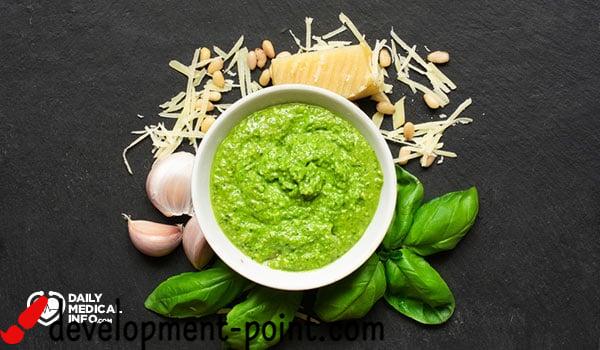Benefits of licorice for women: and its possible harm
Licorice is a medicinal plant that has been in use for thousands of years, as it contains more than 300 different compounds, some of which have antiviral and anti-inflammatory properties. Licorice is currently available in many forms such as dried herbs, liquid extract, sweets, herbal teas, and capsules, due to its many health benefits, so learn about the most important benefits of licorice for women and the most important precautions when using it.
Benefits of licorice for women
There are many benefits of licorice for women, and the most prominent of its benefits are the following:
1. Reducing the symptoms of the menstrual cycle
Licorice root is a natural remedy for women with menstrual cramps, and it may also help relieve symptoms of menopause in women, including hot flashes.
A study of 120 women with hot flashes reported that consuming a daily dose of 330 milligrams of licorice may contribute to reducing the severity of hot flashes.
2. Low testosterone in the blood
The results of a study conducted to find out the effect of licorice use on androgen metabolism in nine healthy women (their ages ranged from 22 to 26 years) revealed a decrease in testosterone in the blood of the participating women.
And that after they were given 3.5 grams of a commercial licorice preparation daily for two cycles, which contained 7.6% by weight of glycyrrhizic acid, without subjecting them to any other treatment. Therefore, licorice can be used to treat hirsutism (excessive hair growth) and polycystic ovary syndrome.
Notice: You should consult a doctor before using licorice as a prescription.
3. A natural pain reliever
Licorice has anti-inflammatory properties, which may help treat abdominal and muscle cramps in women, and relieve pain such as joint pain. It can also help relieve the symptoms of eczema, because it acts as hydrocortisone. Symptoms of eczema are:
- Dermatitis
- Itching and redness
- peeling of the skin;
4. Treating nausea
Research results indicated that the use of licorice root extract containing glabridin and glabrin (flavonoids) had an effective effect in treating nausea, stomach pain, and heartburn.
Research has also found that licorice extract may help kill stomach germs caused by Helicobacter pylori, which may cause peptic ulcers in some people with it.
5. Sore throat treatment
Some people may resort to using licorice to treat sore throats, so a small study evaluated the effect of licorice on relieving sore throats after surgery, and researchers concluded that gargling with a licorice solution before surgery was effective in relieving inflammation.
6. Prevention of bronchitis
Some evidence indicates that licorice root may contribute to reducing the development of chronic bronchitis, due to its antioxidant properties that protect cells in the airways. However, more research studies are needed to support these results.
Damage to licorice for women
Licorice root is safe to use, but excessive consumption should be avoided, whether in the form of a food or a dietary supplement. It is also not recommended for use in the following cases:
- Licorice root extract is not recommended for pregnant women, as it may lead to an increased risk of miscarriage or premature delivery.
- It is not recommended for women with heart, kidney, or liver problems, high blood pressure, or low potassium levels. In these cases, licorice candy and glycyrrhizin supplements should be avoided completely.
- Some evidence indicates that taking licorice as a dietary supplement may have estrogen-like effects on female hormone-sensitive conditions such as breast cancer, ovarian cancer, and uterine cancer. Therefore, it is not recommended for women to eat licorice in these cases.
And if you are consuming licorice root extract, you should avoid using it in excess. Excessive consumption of glycyrrhizin may lead to side effects such as:
- edema;
- Hypertension
- Low potassium levels
- Exhaustion and extreme fatigue
drug interactions
The use of licorice may interact with some types of medications, including the following:
- diuretics;
- Medications that lower potassium
- blood pressure medications
- Blood thinners such as warfarin
- corticosteroids
- Hormonal therapy and birth control pills
Licorice supplements may be available without glycyrrhizine, in the form of deglycerin licorice (DGL), to avoid these interactions, but these supplements should not be used without first consulting a doctor.
In addition, you should stop taking licorice root two weeks before surgery, as it may interfere with the ability to control blood pressure during surgery.

